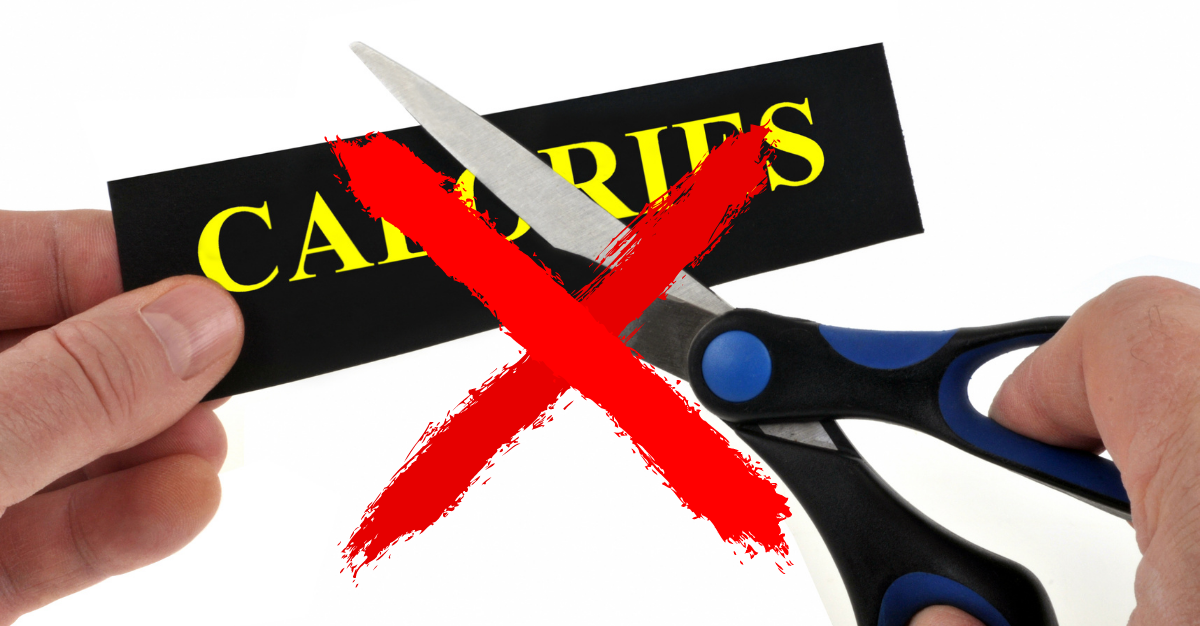Fat Loss Myths Busted, Don't Fall for the Fads

Myths Busted
Losing weight isn’t always as easy as some people claim. There is no magic pill that will help you lose fat and starving yourself often only results in temporary weight loss. To help bust those weight loss myths that can do more harm than good, we will break down the fat loss myths and those fad diets we see everywhere. You will learn the reality behind the myth and then find some long-term solutions for weight loss that can be implemented into just about any lifestyle.
Myth: You can lose weight fast
Reality: It takes time to lose weight; at least the right kind of weight. Losing weight quickly usually means you lost water weight and experienced muscle loss, and neither is good for long term success. Water weight will come back as soon as you get back into a regular routine and muscle is important for strength, health and to avoid injury.
Solution: Use a sensible approach that will have lasting weight loss effects. Shoot for balance in your diet instead of speedy weight loss, with a focus on whole food choices instead of processed foods. Sensible eating should include mostly whole fruits and vegetables, lean animal protein, whole grains, and healthy fats. Try writing down your meals as you consume them, so you have a good idea if your overall diet is healthy, and adjust it from there. Losing 2-3 pounds each week is a healthy and sustainable goal.
Myth: You can sweat away pounds
Reality: You can sweat away water weight, but it will come back quickly. You might hear about sweating away pounds in advertisements to sell saunas or even sauna belts, but it will not be a long-term solution that results in permanent weight loss, even if you do it every day.
Solution: If you enjoy a good sweat, try exercise as it comes with many other health benefits including mental well being and weight control. It can even help you lose stubborn body fat. Incorporating a sauna can be a helpful way to recover from a workout as it relaxes muscles and eases pain, but don’t rely on it to lose weight.
Myth: Carbs make you fat
Reality: Healthy carbs are a necessary part of a healthy diet. They help fuel organs like your brain, heart and central nervous system and can help you feel full for longer. For example, fiber is a healthy carb and found in many healthy foods. It helps keep blood cholesterol levels healthy, is good for your heart and keeps digestion healthy. And lastly, one study at the Brigham Young University in Utah found that middle-aged women who increased their healthy fiber intake lost weight.
Solution: Include healthy carbs in your diet. Healthy carbs are found in whole-grain bread; especially if they are raw or sprouted. Quinoa is an example of a healthy carb that is also a good source of protein, minerals, and other plant compounds. It helps improve blood sugar control and may aid in weight loss. Oats are another source of healthy carbs that some consider one of the healthiest grains on the planet. They may lower blood sugar levels and also contain protein. Adding healthy carbs to your daily diet is not only beneficial but easy. And if you want to cut carbs, the best kind to eliminate are those found in white flour foods, pastries, and junk foods.
Myth: Eliminate all fats to lose fat
Reality: Your body needs healthy fats to survive and lose weight. But good fats have more health benefits than weight loss. They are necessary for healthy brain function, help ward off dementia and decrease internal inflammation, a condition linked to many health problems.
Solution: Help your body lose stubborn fat while taking advantage of the health benefits of good fats by consuming foods that provide them. This includes fish like freshwater salmon, tuna, trout, and mackerel, as they provide DHA and EPA, which are Omega-3 fatty acids that carry the above health benefits. But it’s not healthy to eat fish every day, so balance it out with other healthy fat foods like avocados, walnuts, flax seeds, organic peanut butter, olive oil, canola oil, and sunflower seeds.
Myth: Lose weight by going gluten-free
Reality: While some people truly are sensitive to gluten, it is limited to those who are allergic to wheat or have celiac disease. Gluten is the protein found in wheat, barley, and other cereal grains and in rye, bulgar, couscous, farina, and wheat germ. Going gluten-free can limit your dietary options and give you a false sense that you are helping your weight loss efforts. In fact, many gluten-free foods are simply not healthy such as potato chips, pasta, and French fries.
Solution: Instead of going gluten-free, try eliminating unhealthy carbs. These are often the source of many health issues and the inability to lose weight. For example, if you feel like pizza, forgo the gluten-free pizza with preservatives and unhealthy fats, as these usually lack nutrients and enzymes necessary for good health. Instead, opt to make your own pizza with a thin, whole-grain crust. From here, you can load it with veggies and just a little cheese. Making your own foods gives you control over what you eat, and you might find that you can lose weight in spite of a little gluten.
Myth: Just cut calories
Reality: If only weight loss were so easy. Sadly, many people do cut calories only to find that instead of losing weight, they end up with a sluggish metabolism. For example, an average calorie expenditure for a small, sedentary woman maybe 1800 calories while a large, active man may burn over 2000 calories each day. In both cases, they could have a chocolate chip muffin for breakfast (about 490 calories), a slice of cheese pizza for lunch (250 calories average) and a cheeseburger and fries for dinner (about 900 calories). The total of these meals is under 1700 calories, but it is unlikely they could lose weight from a diet like that.
Solution: Don’t count calories, but do keep track of your food intake. Calories count when you know where the calories are coming from, and focus on consuming calories from healthy sources. That’s because healthier foods tend to help raise your metabolism while unhealthy foods lead to lethargy and fatigue. Here’s why…
If you consume 1600 calories of the above-mentioned foods, your body would utilize internal nutrient sources to metabolize it. Junk foods can actually deplete your body of nutrients as it tries to process it; this is known as a nutrient deficit. But foods should add nutrients, not deplete them. Healthy foods provide nutrition and require calories to digest them, and in this way, they add nutrients while increasing metabolism.

Losing weight may be challenging, but when you sort through the weight loss myths, the path becomes clearer. Make sensible changes and be sure to exercise so you feel good while you embark on your journey to lose weight. Using a fitness app like Yes.Fit, where you get rewarded for your workouts will help you stay fit and get you some amazing rewards while you are at it. Incorporating these smart changes will help you enjoy long-lasting results.








